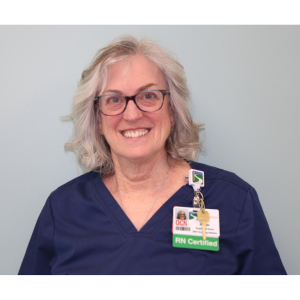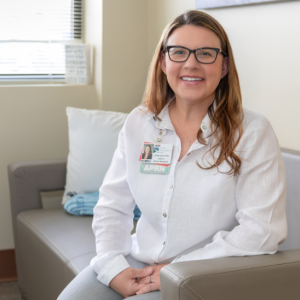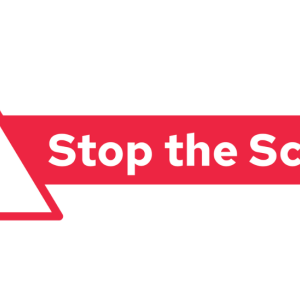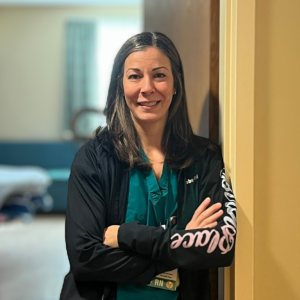News & Articles
Read the latest news, press releases, and information about providers, technological advances, services and programs at Southern New Hampshire Health.

Read the latest news, press releases, and information about providers, technological advances, services and programs at Southern New Hampshire Health.
Access photos and obtain facts and figures about Southern New Hampshire Health.
View Resources
Southern New Hampshire Health continues to earn accreditations, accolades, and awards.
View Our Awards
Our expert providers offer important health-related information on a variety of topics.
Listen Here

Southern NH Health Welcomes Reem Shafeh, MD, PhD to Foundation Medical Partners and Eric Hulbert, PA-C to Foundation Orthopedics
May 6, 2025
Southern New Hampshire Health is pleased to welcome Dr. Reem Shafeh to Foundation Medical Partners and Eric Hulbert, PA-C to Foundation Orthopedics. Both Dr. Shafeh and Eric are dedicated to providing an excellent...

Forty Years of Care: Esther Dussault’s Legacy in Oncology Nursing
May 6, 2025
When Esther Dussault graduated with a degree in social work, she never imagined she’d one day become a nurse. But after working as a certified nursing assistant, she discovered a calling she couldn’t ignore —...

5 Common Spring Injuries and How to Avoid Them: Tips from Your Orthopedic Surgeon
May 1, 2025
As the weather warms, sports and yardwork bring a spike in injuries. Dr. Robert Davis shares the most common spring injuries—like sprains, knee pain, and concussions—and how to prevent them with simple...

Southern NH Health Nurse Honored with New Hampshire Magazine Excellence in Nursing Award
May 1, 2025
Jill MacGregor, APRN, of Southern New Hampshire Health’s Center for Recovery Management, receives an Excellence in Nursing Award from New Hampshire Magazine for her compassionate, evidence-based care in...

Be Ready for Action! 7 Expert Spring Foot Care Tips
April 28, 2025
Get ready for outdoor activities in Nashua and Southern New Hampshire with expert spring foot care tips from Foundation Foot and Ankle Medicine/Surgery. Stay active and pain-free—schedule a visit with Dr. Amanda...

Signs and Stages of Labor: When To Call your Provider
April 25, 2025
As a certified nurse midwife at The Birth Place at Southern New Hampshire Medical Center, I am often asked, "How will I know when I am in labor?" Understanding the signs and stages of labor can give you confidence...

From Scratch Tickets to Casinos: When Gambling Becomes a Problem
April 16, 2025
With new casinos and legal online gambling in New Hampshire, more people are betting than ever. Find out how gambling becomes addictive, warning signs to watch for, and where to get confidential...

Stop the Scam! How to Protect Yourself from Fraud
April 16, 2025
Healthcare scams are rising, costing Americans billions. Learn how to spot fake calls, texts, and emails, protect your medical identity, and report fraud. Southern NH Health is here to...

Spring Clean Your Diet: 10 Foods to Add for a Health Boost
April 11, 2025
Refresh your diet this spring with 10 nutrient-rich foods that support energy, digestion, and overall wellness. Plus, try a flavorful orange chili salmon recipe from Taylor Mosher, APRN-FNP, of Southern NH Weight...

Robynn Petrain, RN: A Lifelong Commitment to Compassionate Care
April 8, 2025
For more than 20 years, Robynn Petrain, RN, has been a dedicated labor and delivery nurse at Southern New Hampshire Medical Center. Her passion for science and the human body began in high school when an anatomy...